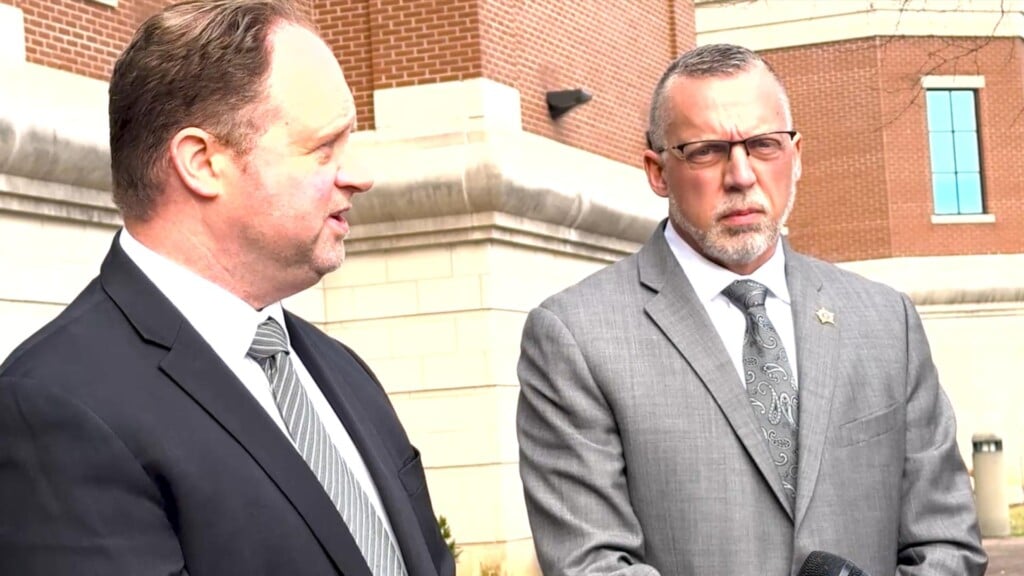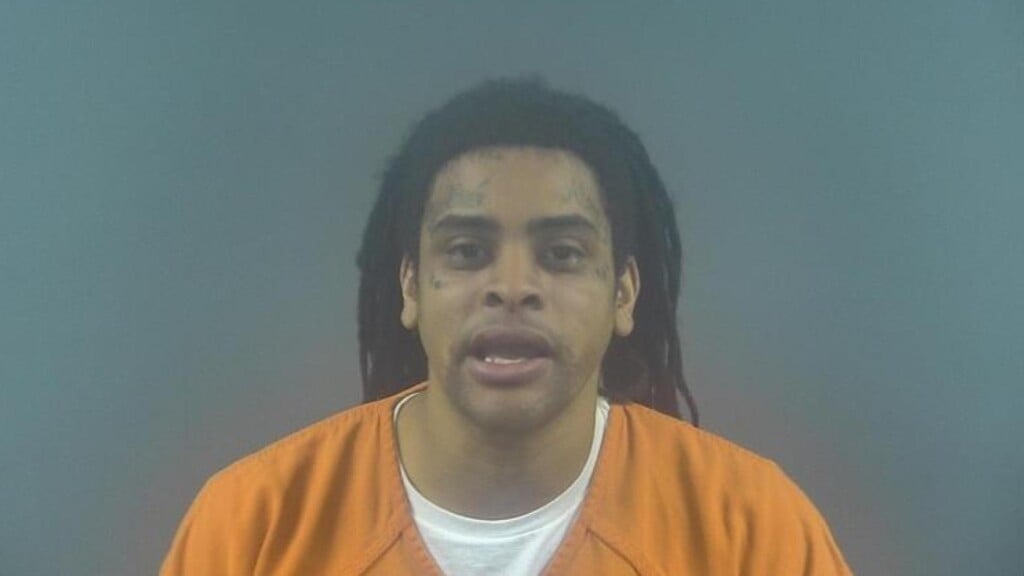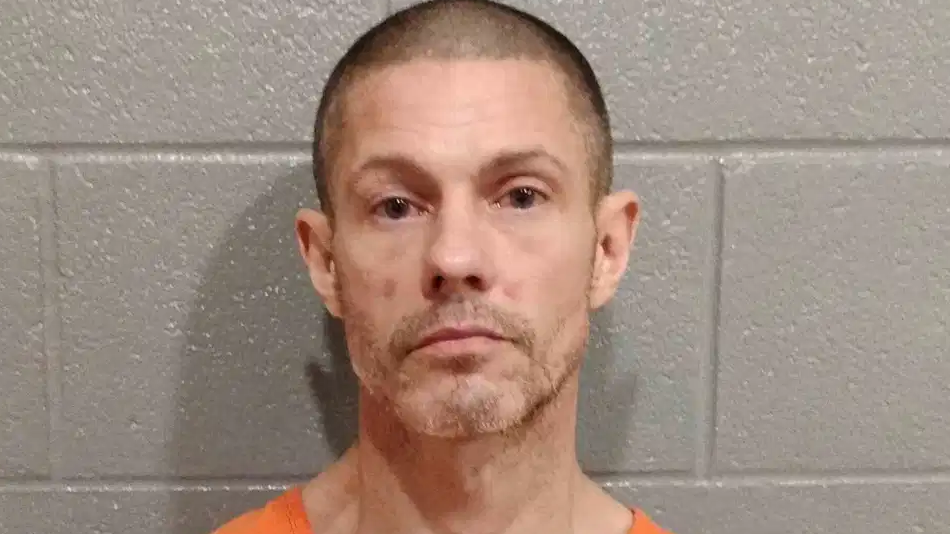Cars and Carbon Monoxide
How you and your family can avoid gas poisoning during the winter
When the weather changes and the temperature drops, people often find themselves starting up their cars and letting them warm up until they’re ready to depart for their destination.
But doing that has the potential for some very costly consequences, especially if you decide to run your car with the garage door closed.
“A lot of times people think, well that isn’t going to happen to me, so I don’t need to prepare for that,” said BG Police Department Public Information Officer Ronnie Ward. “I don’t need to worry about that.”
It actually is something people should take seriously, and isn’t something to just be brushed to the side.
“Carbon monoxide in general is so dangerous because you can’t see it, you can’t smell it, there’s no taste to it,” BG Fire Department Public Information Officer Marlee Boenig said. “It’s there and you have no idea.”
Carbon monoxide is a poisonous gas that’s become known as a silent killer, because often by the time you realize something’s wrong, it’s too late.
December and January, two of the coldest months of the year, are commonly cited as the time period with the most number of deaths caused by carbon monoxide poisoning, something that can be attributed to gas leaks and people leaving their car running in the garage.
“Obviously this time of year it makes it a lot more prevalent because people are starting their cars and they are using more heat sources in their homes,” said Boenig.
Boenig added that it’s imperative that people take just a few extra minutes out of their day to ensure their own safety, as well as that of any loved ones in their car or house.
“I understand you want the car warm for you kids, maybe for yourself,” Boenig said. “You want to have it warm, but just take that extra minute to back it out of the garage and have it out in the driveway.”
“Just take a couple minutes when it’s nicer weather and think, well what could happen, and how can I prepare for that,” added Ward.
There a several ways to protect yourself from encountering carbon monoxide leaks:
- Have your fuel-burning home equipment (fireplaces, furnaces, wood and coal stoves, space/portable heaters) inspected by a professional yearly.
- Keep dryer, stove, furnace, and fireplace vents clear of ice, snow, dirt, leaves, and other debris.
- Never use your oven to heat your home.
- Only use barbecue grills and generators outside, away from all doors, windows, and vent openings. Never use them in the home or garage or near building openings.
- Purchase and install a carbon monoxide detector.
The last option on that list is the best bet to ensure the safety and well-being of your family, according to Boenig.
“That’s why the alarms are so important to have because if you have any type of fuel source you’re using in your home, then you need to have that forewarning just so you can get your family to safety.”




